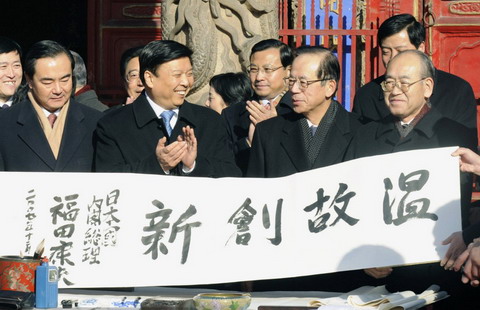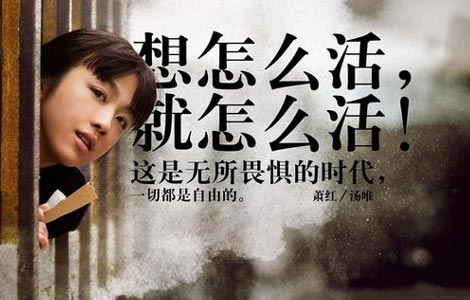Bright new light shed on ancient ideas
By Paul Bolding for China Daily ( China Daily ) Updated: 2014-10-03 14:41:39In the Book of Xia, the Covenant at Gan is a rallying cry from a king to his warriors before going into battle. "Do as you are expected and you will be honored in front of the ancestors." All very Henry V.
Regime change strikes in the Book of Shang, where, in Chapter 10, we are told: "But it is Heaven that has decreed that the ruler of Xia must be executed because of all his many crimes." We are left in no doubt as to why. "Let's be frank; the ruler of Xia lost sight of what is virtuous. As a result, the people were living in a state of great fear."
The Book of Zhou is the longest, and chapters 27 to 29 are an account by King Wu of the Zhou of how he was commanded by heaven to overthrow Zhou, the Shang ruler. Zhou's barbarity is well known in China and his crimes are referred to in the text: "Listen: He dissected the bare legs of those who work deep in the paddy fields and cut out for casual inspection the hearts of the highest men!"
This is rather terse, but Palmer is on hand to explain the grim legend. We will spare you the details.
Some of the book has clearer and more direct references to problems that resonate in China today. Chapter 38, for example, rails against officials misusing funds to get drunk. President Xi Jinping has made similar pleas against wastefulness.
It was important to the ancients that order be maintained in the cosmos, and Chapter 32, the Great Plan, outlines some core elements of Chinese philosophy dating back at least 2,000 years.
It has Five Elements, Eight Regulations, Five Conducts and advocates "careful use of the Five Good Fortunes with a respect for the Six Extremes". Naturally.
Palmer's favorite is the Exploration of Uncertainty. "When it comes to appointing good people, three people should be consulted and follow any two who agree."
The themes range from the prosaic ("Just do what is right and proper and all with be well") to extraordinary detail about punishments and funeral rituals, and the bizarre ("... those very strange foreigners who, for example, button their coats on the left side ...").
There has been a revival in interest in China in Confucian ethics in recent years as people search for moral points of reference.
Shang Shu is part of this, and Palmer has presented the English-reading audience with an excellent route to an understanding of these ideas.
|
|
|
|
|
|
|
|



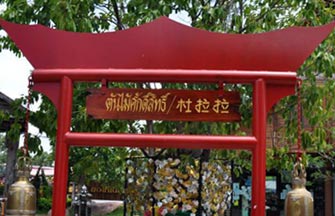

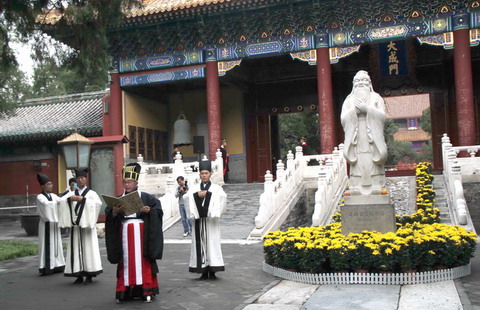



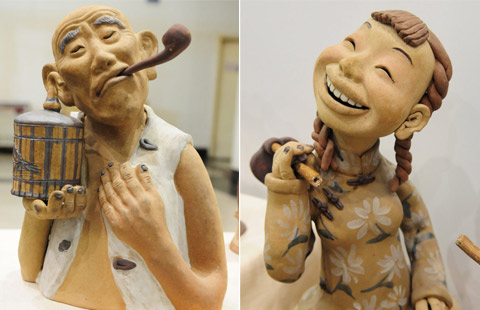






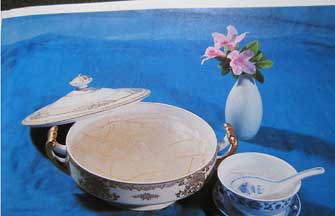






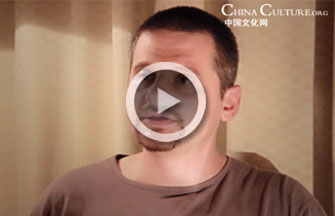
 Raymond Zhou:
Raymond Zhou: Pauline D Loh:
Pauline D Loh: Hot Pot
Hot Pot Eco China
Eco China China Dream
China Dream China Face
China Face
